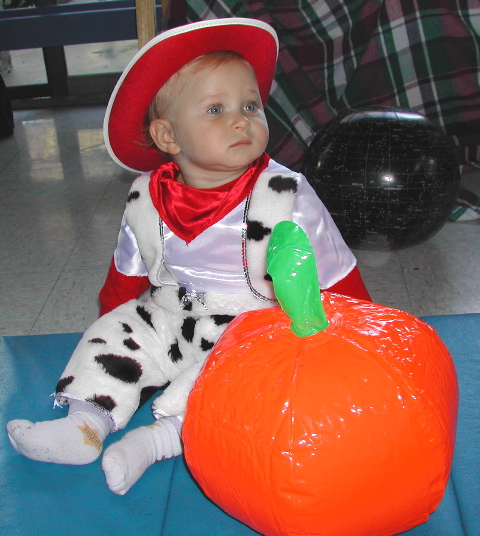Law At BloggerCon; Creative Conferences
 Monday, November 1, 2004 at 8:31PM
Monday, November 1, 2004 at 8:31PM Professor Lessig will be leading a Law track at BloggerCon this weekend (here's the full schedule). Sounds great, I'm going to be sad to miss it (but I will henceforth be referring to Howard by his gangsta name, "Thitty-Eight Cent"):
There are two very different topics that fit within the category "law," and I'll be happy to facilitate a conversation of both. One is the extraordinarily important growth of law blogs, and their direct (and indirect) influence on the practice of law, and the decision of cases. It is said that Howard Bashman's blog has become the 38th Clerk at the Supreme Court. How will this area of blog space continue to grow?
The second important topic is about the relationship between the law and blogs — IP and libel law in particular. While copyright law is fairly good about the "fair use" of text, it is not very good with music, images and video. How will copyright and trademark law accommodate the increasing range of creativity folded into blog space? Will podcasting be one freedom too far? How might we expect litigation in this area to develop? What legislation might help avoid costly and burdensome litigation?
Meanwhile, JD got me thinking (musing, even) about the fact that conferences and Creative Commons just might be two great tastes that taste great together. I e-babblelorated in an email to JD over the weekend, and he blogged it today (BloggerCon and permission culture). Wouldn't it be cool/highly appropriate if BloggerCon were the first conference to apply CC licenses to the sessions? It's a foregone conclusion with this group the event will be sampled, remixed, shared, and podcast 'til the cows come home, and that's what everyone involved seems to intend. However, one of the reasons Creative Commons came into existence is to address the fact that copyright applies by default to any work that is "fixed in a tangible medium of expression." When JD asked about recording the conference and uploading it to ourmedia, I was struck by the fact it could be very hard for him to determine in advance whether there would be copyright claims asserted, by any number of possible parties. Creative Commons licenses could go a long way toward enhancing the certainty of the situation for all concerned. (And don't forget your slide decks, folks.)
[Bonus link, via where else but BoingBoing:] Strike a Lessig!



